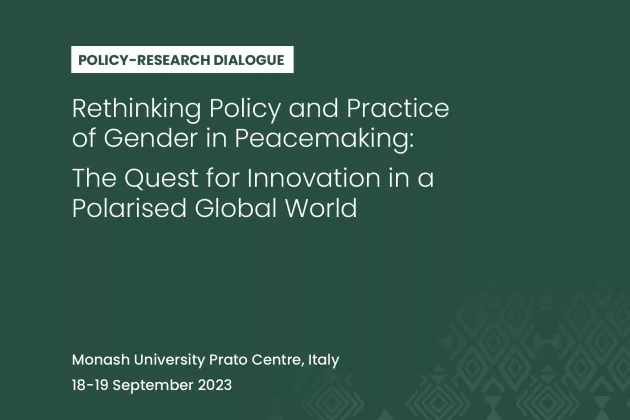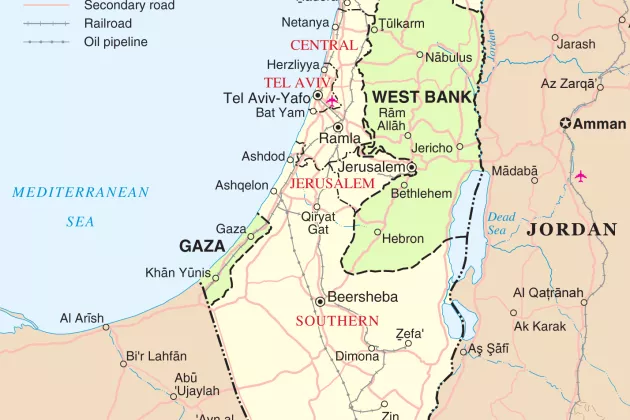The article "Någon militär lösning på den israelisk-palestinska konflikten finns inte" (English translation: "There is no military solution to the Israeli-Palestinian conflict") was published in Sydsvenskan's Aktuella frågor on 10 December 2023. Below are some excerpts from the article translated into English.
Direct negotiations between Israelis and Palestinians must be "embedded" in regional and international diplomatic initiatives, write Karin Aggestam and Dalia Dassa Kaye, director and visiting researcher respectively at the Centre for Advanced Middle Eastern Studies at Lund University.
The conditions for regional diplomatic initiatives are different today than in previous decades. On the one hand, regional actors such as Egypt and Qatar are playing an increasingly prominent role together with the United States as mediators, and on the other hand, there is a window of opportunity in the region for greater diplomatic recognition of Israel. This started with the Abraham accords between Israel, Bahrain, UAE, Sudan and Morocco in 2021 and most recently with Israeli-Saudi negotiations. But the war shows that there is no way to build sustainable long-term peace in the region without resolving the Israeli-Palestinian conflict.
There is now an abysmal divide of mistrust and hatred between Israelis and Palestinians. This means that direct negotiations must be "embedded" in regional and international diplomatic initiatives. The idea is not entirely new. After the 1991 Kuwait war, the initiative was taken by, among others, the then US Secretary of State James Baker, who put strong pressure on all parties and with intensive shuttle diplomacy managed to create a framework of direct and multilateral negotiations. But one of the major stumbling blocks in the recurring deadlocks in the negotiations, then as now, was the lack of Palestinian representation at the table and the lack of interest of the Israeli political leadership in reaching a negotiated agreement.





